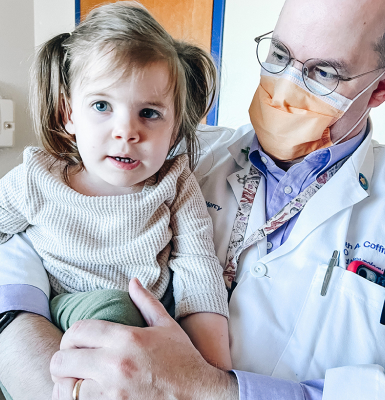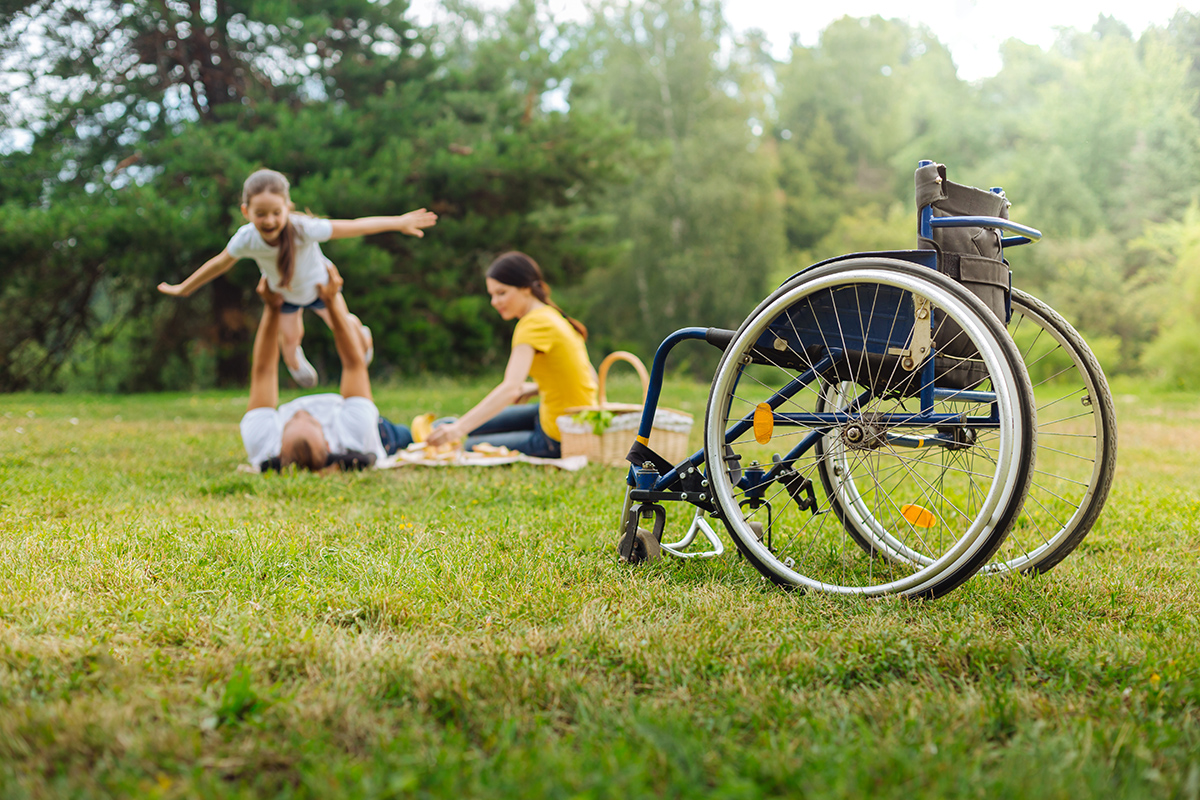The ATP1A3 Gene Causing the Disorder and Genetic Testing
The first gene responsible for AHC (ATP1A3) was discovered in 2012. Over 80% of those suffering from AHC have a mutation in this gene. The discovery illustrates the power of next-generation sequencing technologies through the Human Genome Project. The project provides hope to hundreds of families with rare diseases.
- Discovered by researchers at the University of Utah Departments of Neurology and Human Genetics in collaboration with Duke University Medical Center.
- Involvement of more than three dozen researchers from 13 countries.
- The database included clinical information and DNA samples of 200 affected individuals from more than a dozen countries.
- The mutation impacts a key molecule that normally would move sodium and potassium ions between neurons (nerve cells) to regulate brain activity.
- Funding by the Alternating Hemiplegia of Childhood Foundation.
Detailed Information on Gene
The paper describing the gene can be found here.
Testing for Mutations on the ATP1A3 Gene
Clinical testing of the ATP1A3 mutations for Alternating Hemiplegia of Childhood (AHC) and ATP1A3-related neurologic phenotype genes are commercially available. Full ATP1A3 gene sequencing and deletion/duplication analysis should be considered with neurologic phenotypes, including classic AHC, RDP, CAPOS syndrome, or more atypical cases associated with the abrupt onset of persistent neurologic symptoms including ataxia, dystonia, chorea, and dysarthria in the setting of an acute illness or stressor.
If you are interested in clinical testing for an affected child or at-risk family members, ask your provider who the clinical genetics testing lab is for your particular hospital. Many insurances now will cover the cost or provide a lower cost to the patient for whole genome sequencing.
When to Consider Testing
Full ATP1A3 gene sequencing and deletion/duplication analysis should be considered with:
- Neurologic phenotypes including classic AHC, RDP, and CAPOS syndrome.
- More atypical cases are associated with the abrupt onset of persistent neurologic symptoms including ataxia, dystonia, chorea, and dysarthria in the setting of an acute illness or stressor.
How to Get Tested
Ask your provider who the clinical genetics testing lab is for your particular hospital. Many insurances now will cover the cost or provide a lower cost for whole genome sequencing.
Helpful Testing Resources
- Invitae provides free genetics testing for epilepsy patients, and it includes the ATP1A3 gene.
AHC Genetic Counseling
Certified Genetics counselors consult with families to answer questions related to DNA testing and genetic testing results. Your local provider can assist with a recommendation.
For those families whose data and biomaterials are stored in the AHCF Clinical Research Registry and Biorepository, email the foundation coordinator for the contact information of the specific genetics counselor working with the team at MGH.
The AHCF-sponsored Biobank and Clinical registry is the oldest and largest US resource, housing the largest number of AHC DNA and tissue samples and clinical data in the world.
AHCF Clinical Research Registry and Biobank
Currently, AHCF Clinical Research Registry and Biorepository are based at the Neurogenetics Program and the Center for Genomic Medicine at the Massachusetts General Hospital/Harvard under the direction of Dr. Nutan Sharma & Dr. Laurie Ozelius.
The purpose of the registry is to facilitate enrollment of patients to obtain robust natural history data and standardized outcome measures to facilitate consistent collection of longitudinal follow-up data to better understand the diagnosis and prognosis of AHC.
The collection of robust, consistent natural history data is important for us as a community to understand better the variability associated with AHC to promote early diagnosis, medical management, and support for future clinical trials.
All individuals with Alternating Hemiplegia of Childhood (AHC) are invited to join the AHC Registry. Registration involves a questionnaire that may be completed online or over the phone. The primary benefit of enrolling in the AHC Registry is that you will be contacted as soon as we launch any AHC-related research studies in which you may be eligible to participate or as soon as there are new treatments available for AHC.
The secondary benefit is that you will know that you are accounted for in the AHC Registry. Additionally, this will also provide us with an accurate “head count” of all people with AHC. Knowing how many people have the disease is an important piece of information for obtaining funding for studies on AHC.
- Completing the AHC Registry form takes about 20-30 minutes.
- Please do not hesitate to contact us by email or phone if you have any questions regarding enrollment in the AHCF registry and biobank.
- Provisions will be made to collect a sample of the AHC patient’s DNA along with pertinent family members.
For families who wish to enroll in the registry and submit their DNA or request subsequent testing results, please get in touch with the foundation coordinator for the latest information.
Additional Resources
IAHCRC International Alternating Hemiplegia of Childhood Research Consortium
RareX
The AHCF, in collaboration with CureAHC and Hope for Annabel, partner with RARE-X to expand the opportunity for AHC research. Rare-X is a 501(c)(3) non-profit created by leaders in the fields of patient advocacy, medical research, biopharma, and technology. RARE-X is leveraging existing technology powered by the Broad Institute of MIT and Harvard, which will support patients (in data collection, structuring and responsible sharing), clinicians (in accelerating diagnosis and improving and tracking health outcomes), researchers and biopharma (with the data they need to identify, develop and track the impact of breakthrough treatments and cures).




